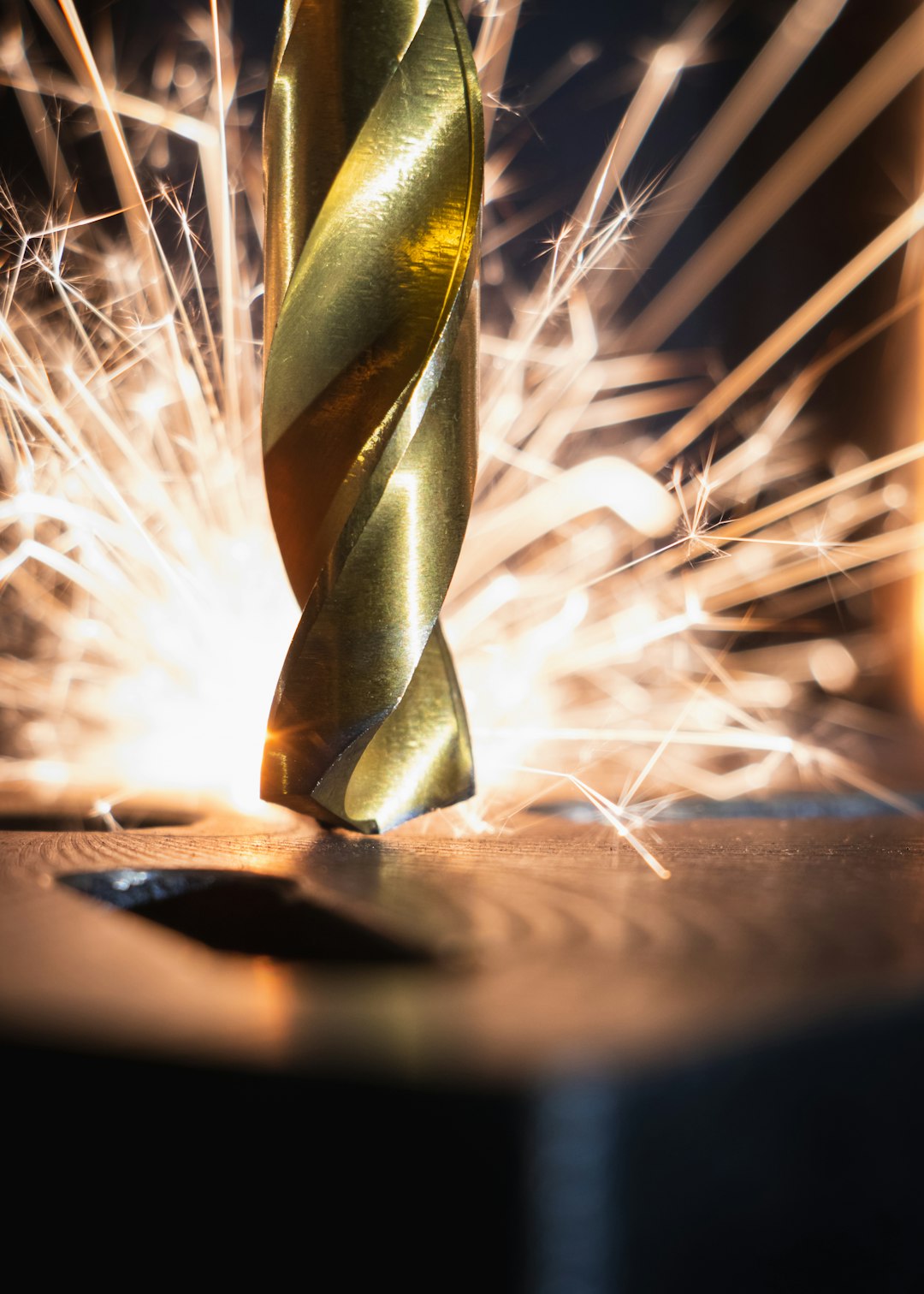The rise of mass production in the early 20th century completely transformed the manufacturing industry. It enabled companies to produce large quantities of goods at lower costs, leading to increased efficiency and profitability. However, this model had its limitations. It focused on producing standardized products that catered to the masses but left no room for individual preferences and customization. As consumer demands continue to evolve, a new concept called mass customization has emerged, offering a solution that combines the benefits of mass production with individual customization.
Mass customization can be defined as the process of creating products that are tailored to individual customers’ needs while maintaining the efficiency of mass production. It requires a seamless integration of information technology, manufacturing capabilities, and customer insights to offer personalized products at an affordable cost. The concept revolves around giving customers the ability to choose specific features, designs, and configurations that meet their unique preferences.
One example of mass customization can be seen in the automotive industry, where customers have the option to choose various features, such as the color, interior, and additional accessories in their cars. This level of customization allows individuals to create a vehicle that matches their personality and preferences while still benefiting from the mass production process.
The key to successfully implementing mass customization lies in advanced technology and flexible manufacturing processes. Companies must invest in software systems that enable customers to personalize their products easily. This includes user-friendly interfaces that guide customers through the customization process and provide real-time visualization of their choices.
3D printing technology has also played a significant role in enabling mass customization. It allows for the creation of complex and customized designs that were previously not feasible with traditional manufacturing methods. With 3D printing, companies can produce personalized products on-demand, reducing the need for large inventories and minimizing waste.
Additionally, mass customization requires a shift in the manufacturing mindset. Companies need to shift from a production-centric approach to a customer-centric one. This means involving customers in the design and product development process, gathering their insights and preferences and incorporating them into the manufacturing process. By establishing strong customer feedback loops, companies gain valuable insights into consumer trends, preferences, and demands, allowing them to continually refine and improve their offerings.
From a consumer perspective, mass customization offers several benefits. First and foremost, it allows individuals to create products that align with their unique tastes and needs. This level of personalization enhances customer satisfaction and creates a deeper emotional connection between the customer and the product. Furthermore, mass customization encourages innovation and creativity, as customers are given the opportunity to experiment with various designs and configurations.
While mass customization has its advantages, it also presents challenges for manufacturers. The implementation of flexible manufacturing processes and advanced technology systems requires significant investment. Additionally, the manufacturing process becomes more complex due to the customization requirements. Companies must strike a balance between customization and efficiency to ensure profitability.
In conclusion, mass customization represents a paradigm shift in manufacturing. It bridges the gap between mass production and individual preferences by leveraging technology, customer insights, and flexible manufacturing processes. As consumer demands for personalized products continue to grow, companies that embrace this concept have the opportunity to cater to individual tastes while maintaining the benefits of mass production. With advanced technology and customer-centered approaches, mass customization is reshaping the manufacturing industry and paving the way for a more personalized and customer-centric future.

